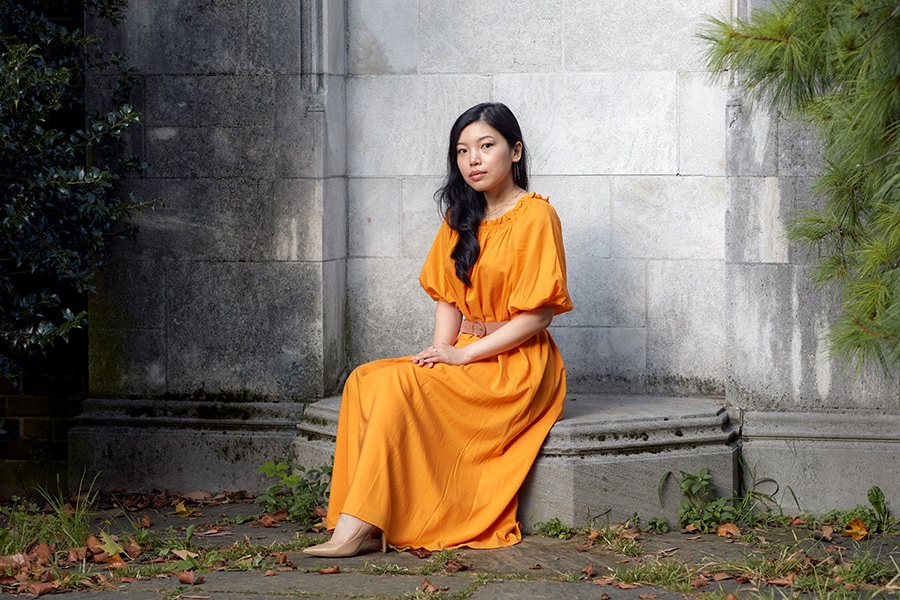
She's the investor guru for online creators
If there is such a thing as an 'It Girl' in venture capital these days, Li Jin would fit the bill having found her spot at the intersection of startup investing and the fast-growing ecosystem of online creators, both of which are red hot
 Li Jin, founder of Atelier Ventures, at Mellon Park in Pittsburgh on Aug. 12, 2021. For Jin, watching creators struggle to earn a living online felt personal. Image: Ross Mantle/The New York Times
Li Jin, founder of Atelier Ventures, at Mellon Park in Pittsburgh on Aug. 12, 2021. For Jin, watching creators struggle to earn a living online felt personal. Image: Ross Mantle/The New York Times
Cody Ko, a YouTube star with 5.7 million subscribers, found himself in a pickle in May. Two different startups wanted to give him stock, and he was concerned that they were potentially competitive deals.
So Ko called someone he trusted for advice: Li Jin.
Jin, a venture capitalist, suggested that Ko, 30, be honest and upfront with the founders of both startups about the potential conflict of interest. He agreed and ended up pursuing just one of the deals.
“I’d never hesitate to reach out to her if I needed something,” he said of Jin.
If there is such a thing as an It Girl in venture capital these days, Jin, 31, would fill the bill. She sits at the intersection of startup investing and the fast-growing ecosystem of online creators, both of which are red hot. And while she formed her own venture firm, Atelier Ventures, just last year and has raised a relatively small $13 million for a fund, Jin was among the first investors in Silicon Valley to take influencers seriously and has written about and backed creators for years.
©2019 New York Times News Service







